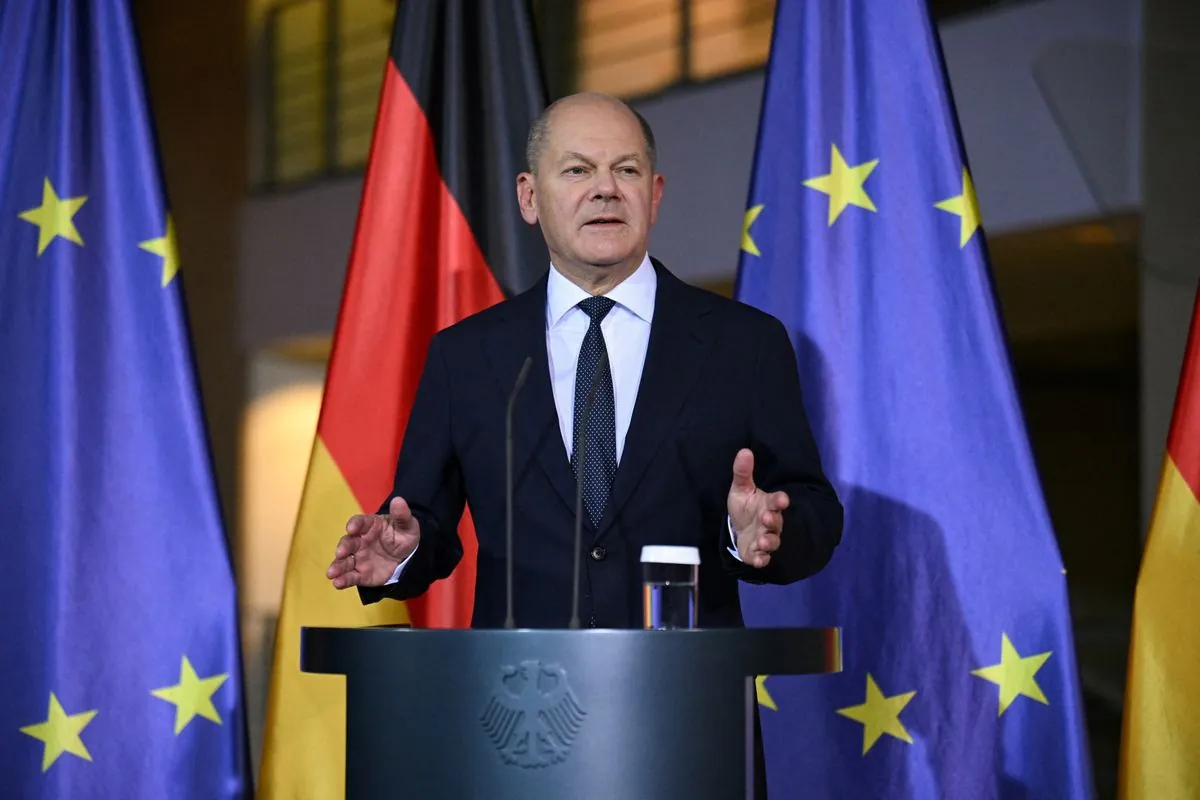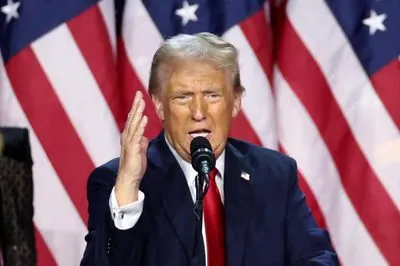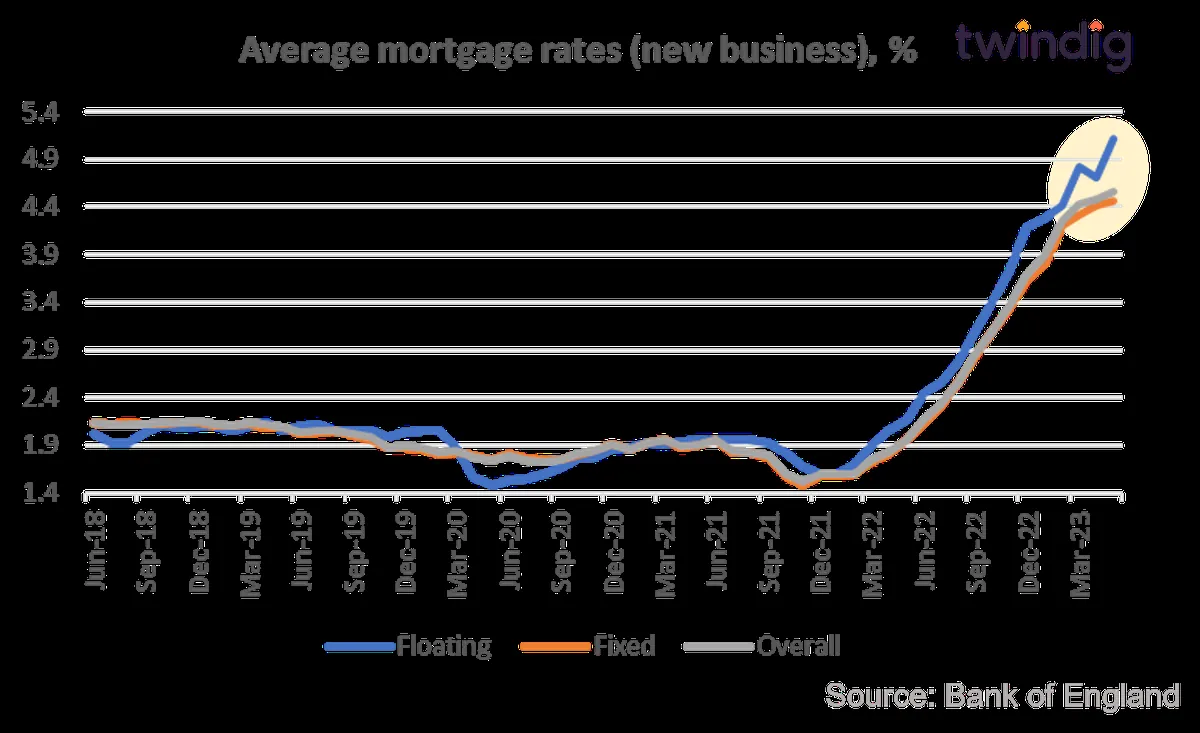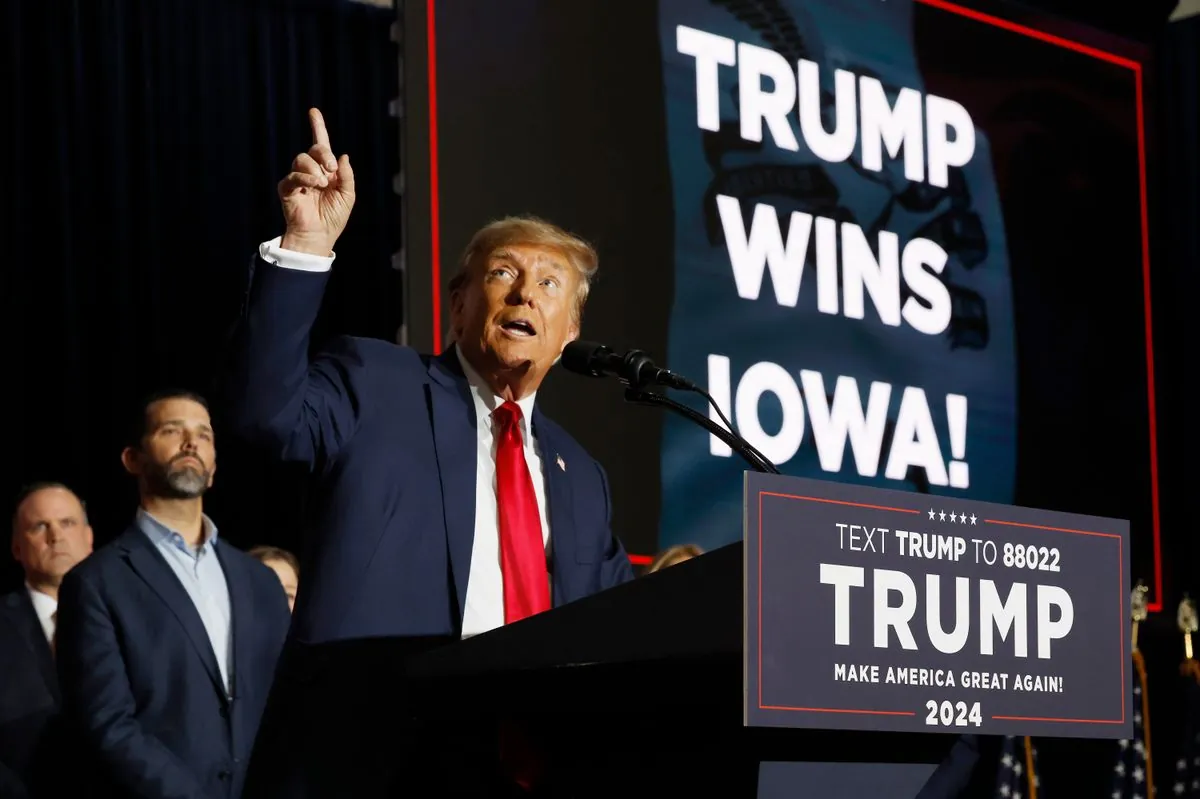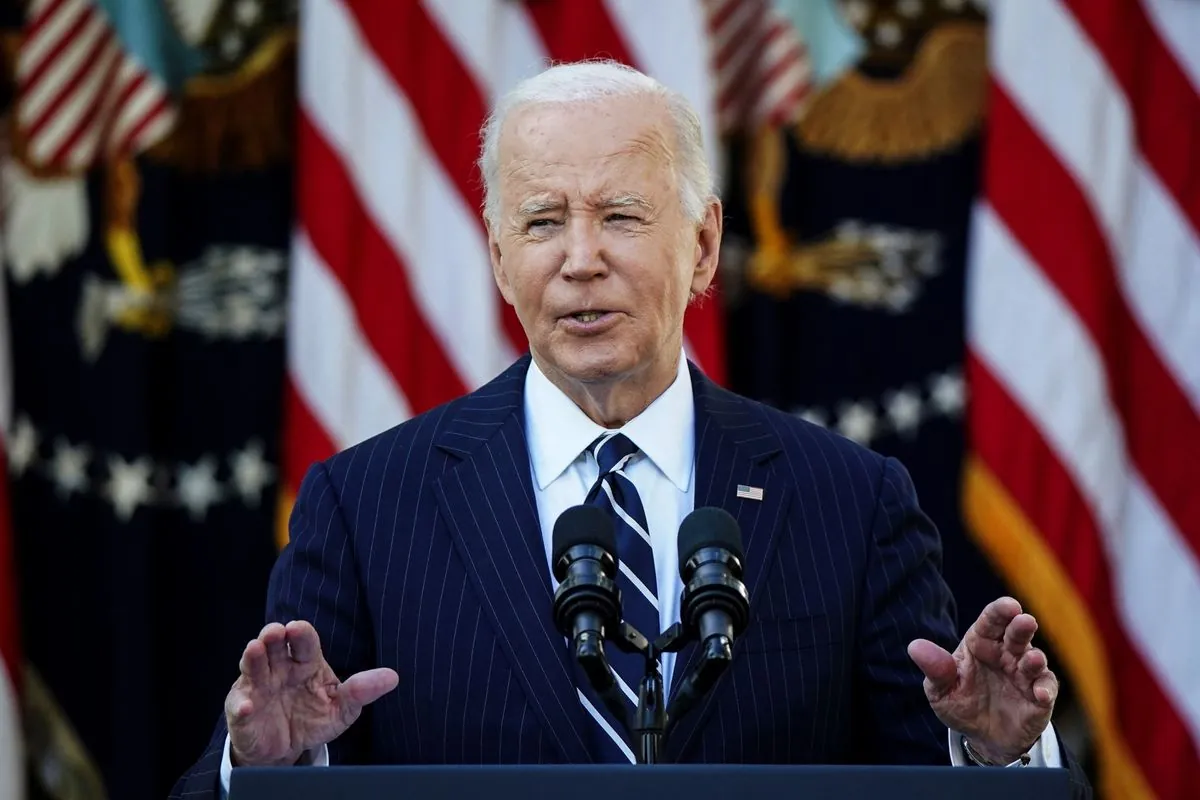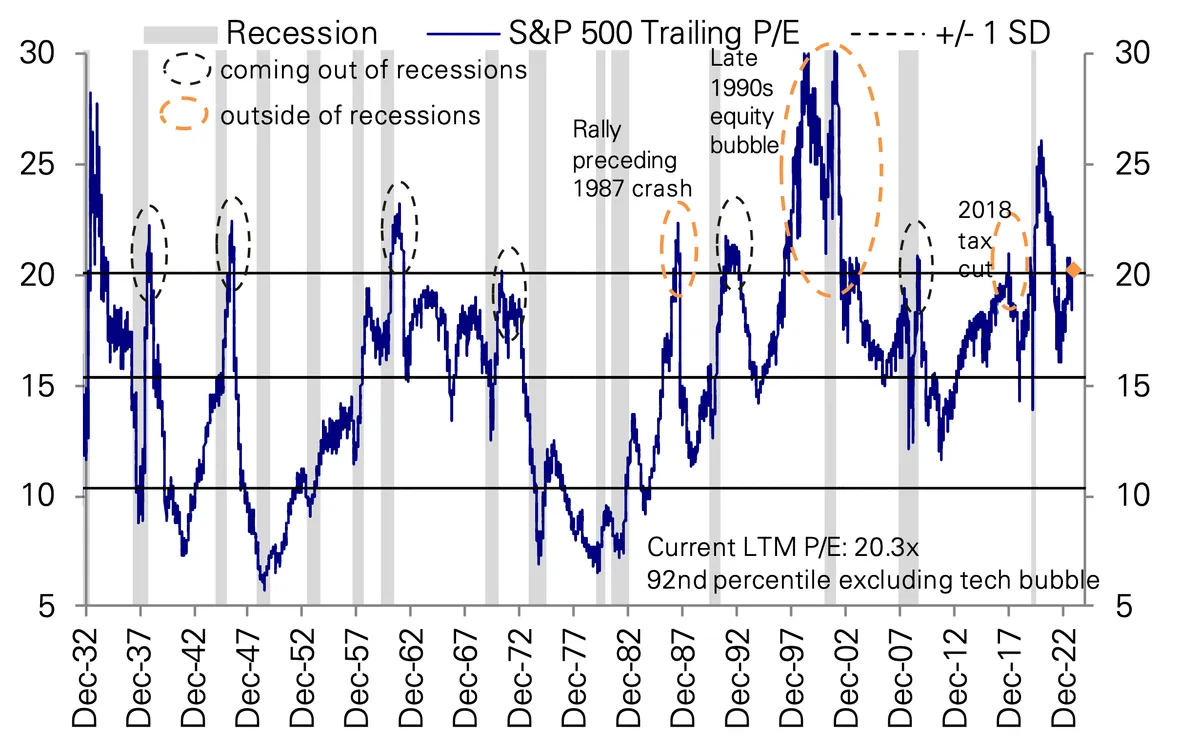Federal Reserve
The Federal Reserve System is the central banking system of the United States. It was created on December 23, 1913, with the enactment of the Federal Reserve Act, after a series of financial panics led to the desire for central control of the monetary system in order to alleviate financial crises. Over the years, events such as the Great Depression in the 1930s and the Great Recession during the 2000s have led to the expansion of the roles and responsibilities of the Federal Reserve System.
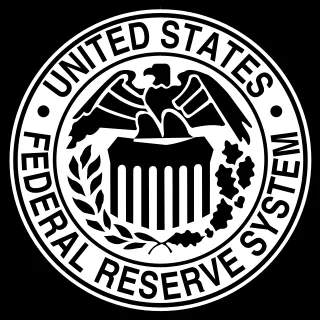
Some of the key events about Federal Reserve
- 1913Established as the central banking system of the United States to provide a safer, more flexible financial system
- 1913Established a centralized banking system, reducing state and local control over monetary policy
- 1929Failed to prevent the stock market crash that led to the Great Depression
- 1933Implemented emergency banking measures to restore public confidence during the Great Depression
- 1933Contributed to the deepening of the Great Depression by contracting the money supply
- 1937Tightened monetary policy prematurely, contributing to a recession within the Great Depression
- 1951Reached an accord with the Treasury Department to regain independence in monetary policy
- 1970sFailed to effectively control inflation, leading to a period of stagflation
- 1977Given a dual mandate by Congress to promote maximum employment and stable prices
- 1979Adopted monetary targeting to combat high inflation
- 1979Implemented aggressive interest rate hikes, contributing to a recession in the early 1980s
- 1987Provided liquidity to markets during the stock market crash, preventing a potential financial crisis
- 1999Did not prevent the formation of the dot-com bubble, which burst in 2000
- 2007Failed to foresee and prevent the subprime mortgage crisis
- 2008Implemented unprecedented measures to stabilize financial markets during the global financial crisis
- 2008Bailed out large financial institutions, potentially encouraging moral hazard
- 2010Launched the 'Comprehensive Capital Analysis and Review' to assess the capital planning processes of large banks
- 2010Implemented quantitative easing, leading to concerns about long-term inflation and economic distortions
- 2012Announced a 2% inflation target to help anchor long-term inflation expectations
- 2020Took swift and extensive actions to support the economy during the COVID-19 pandemic
Disclaimer: This material is written based on information taken from open sources, including Wikipedia, news media, podcasts, and other public sources.
Federal Reserve Latest news
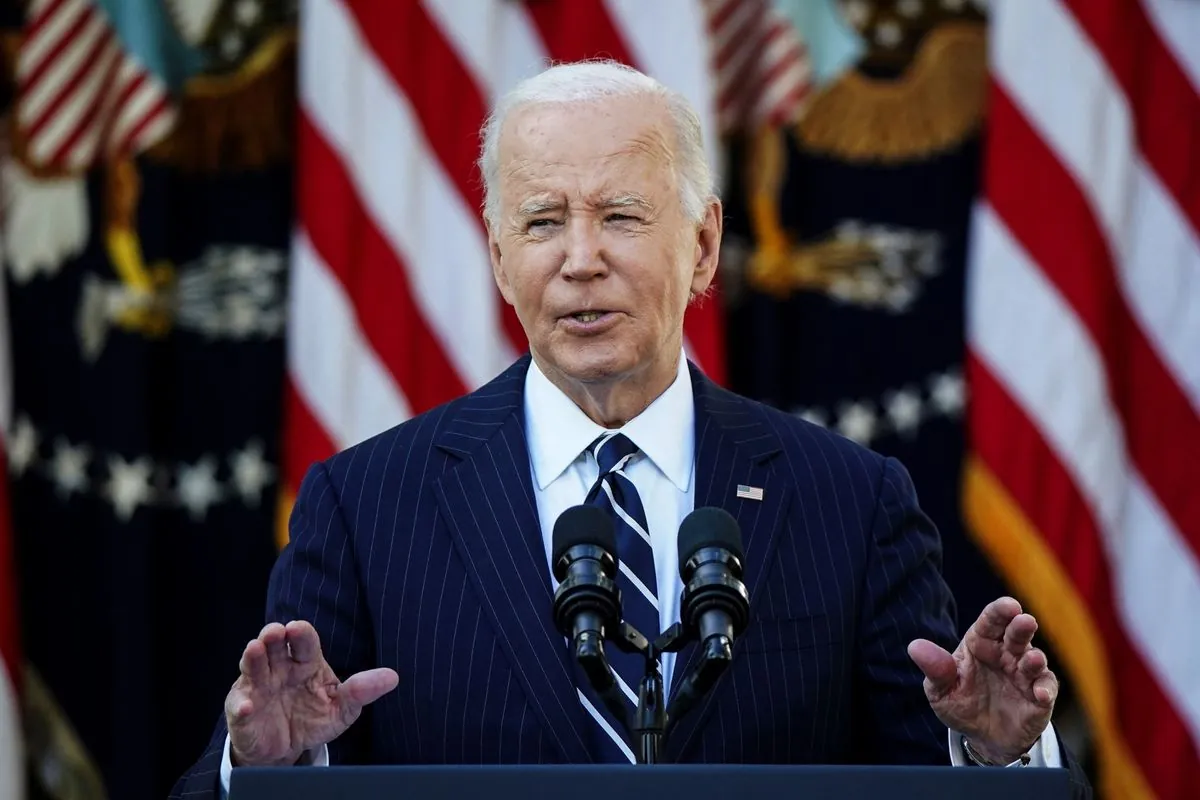
Biden's last White House moves after historic election shift stir political waves
After accepting election results **Joe Biden** plans key final actions in his remaining months as president. His agenda focuses on Alaska drilling limits and continued Ukraine support while states prepare for administration change
Economics, Politics • November 8 2024 , 12:51 AM • 525 views
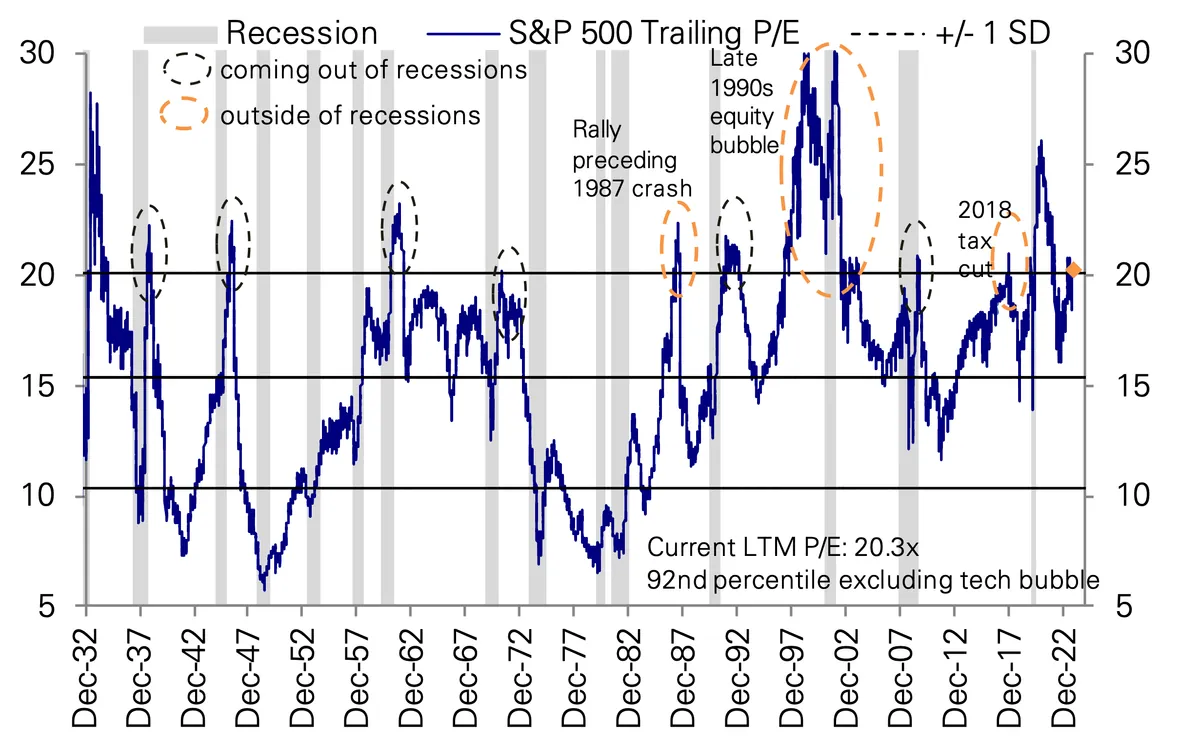
US economy hits unexpected high before crucial election showdown
American economy shows remarkable 2. 8% growth in Q3‚ with strong consumer spending and job creation numbers. Despite positive economic indicators voters seem to favor different direction for upcoming election
Economics, Politics • November 4 2024 , 04:26 PM • 91 views


